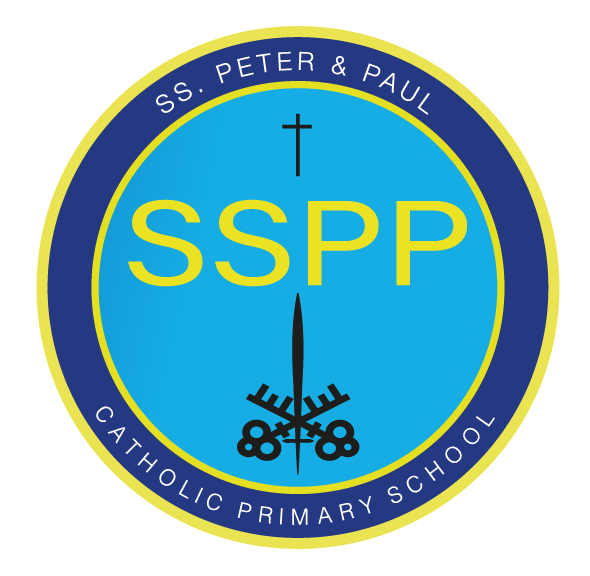
Geography

At SsPP we want our children to be enthusiastic and develop a love of learning for Geography, not just through experiences within the classroom, but also outside in the ‘real world’ through the use of fieldwork and educational visits. As the future generation responsible for our planet, we want our children to have a respect for the world around them and learn how to be good stewards of God’s creation.
At SSPP, our Geography curriculum is designed to develop pupils’ curiosity and fascination about the world and its people that will remain with them throughout their lives. We give the teaching and learning of Geography the prominence it requires, starting in Foundation 1 right through to Year 6.
Throughout their school journey with us, our pupils develop a wide knowledge and secure understanding of the world around them through the investigation of a range of places, both in the UK and abroad. This allows them to continuously build upon their knowledge and understanding of the Earth’s physical and human processes in context. We provide opportunities to investigate and enquire about our local area, this supports our children in developing an understanding of who they are, their heritage and what makes our local area so unique and special.
We aim to give our learners strong geographical knowledge, good enquiry skills, the ability to use a range of maps, the skills to collect and analyse data and the ability to communicate information in a variety of ways.
GEOGRAPHY CONCEPTS
At SSPP, we understand the importance of concepts to help children learn. Concepts in geography can help children anchor key knowledge to, repeat in future years and support retrieval practice to help long term memory.
Using research from the Taylor concept report and the Swedish Organising Concepts report, we curated the SSPP concept map, which can be broken down into three levels:
For a full list of our concepts and concept progression map, please click the link below
Throughout Early Years, children experience Geography through the specific area of Understanding the world.
The development of children’s artistic and cultural awareness supports their imagination and creativity. It is important that children have regular opportunities to engage with the arts, enabling them to explore and play with a wide range of media and materials. The quality and variety of what children see, hear and participate in is crucial for developing their understanding, self-expression, vocabulary and ability to communicate through the arts. The frequency, repetition and depth of their experiences are fundamental to their progress in interpreting and appreciating what they hear, respond to and observe.
From navigating around our classroom and outdoor areas, to trips to the seaside (to link with our topic); discuss what we will see on our journey and how we will get there , children will be immersed in understanding the world through high quality texts, continous play and directed teaching.


